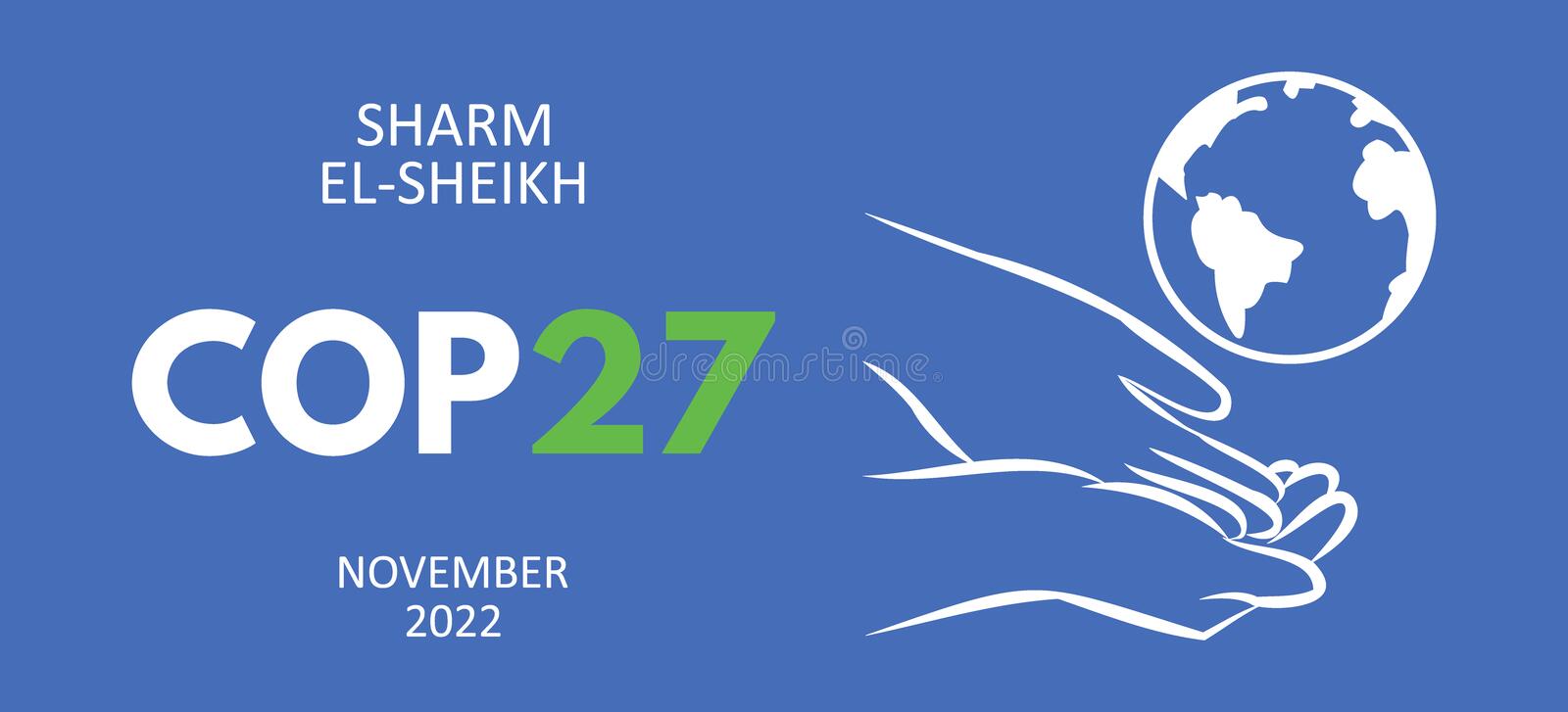Minister of Environment, Barr. Mohammed Abdullahi, has said the Federal Government of Nigeria will act on the pledges made at the ongoing Conference of the Parties (COP )27 holding in the peninsula city of Sharma el-Sheikh, Egypt.
The United Nations Conference on Climate Change is a summit where over 100 countries come together to take action on climate issues aimed at meeting the targets contained in the Paris Agreement.
- COP 27: Students demand climate justice with artworks
- COP27: Data journalism platform launches climate hub
According to a statement by Akintunde Martins of the Press and Public Relations Unit of the ministry, Abdullahi spoke on the sidelines of the summit on the topic, Scaling up Climate Change Adaptation in Nigeria, organised by his ministry in collaboration with the Federal Ministry of Humanitarian Affairs, Disaster Management and Social Development.
He said, “It is obvious that the challenges of climate change are enormous and since no individual ministry can confront the challenges alone, we are calling for joint and cooperative efforts to tackle the problem. It is, therefore, pertinent that we begin to take our pledges into action as take away from COP 27.”
He noted that the report of the inter-governmental panel on climate change affirmed that by 2050 many coastal mega cities like Lagos, Port Harcourt and other low line coastal cities in Nigeria will in a century witness weather catastrophies every year, which would affect millions of people and property.
Abdullahi said Nigeria has thus, developed the Adaptation Communication which would help in identifying national needs and enable international follow up while informing future action; driving ambition and contributing information for the global stock taking.
The Humanitarian Affairs, Disaster Management and Social Development Minister, Sadiya Umar Farouq, on her part, said the federal government is committed to scaling up climate change adaption in Nigeria through her ministry, so as to build community resilience and adaptation practices to mitigate and reduce the consequent of climate change.
“Our communities are composed of the poor, elderly, children and persons living with disabilities the addition effect of climate change has rendered them more vulnerable than they already are,“ she added.

 Join Daily Trust WhatsApp Community For Quick Access To News and Happenings Around You.
Join Daily Trust WhatsApp Community For Quick Access To News and Happenings Around You.


